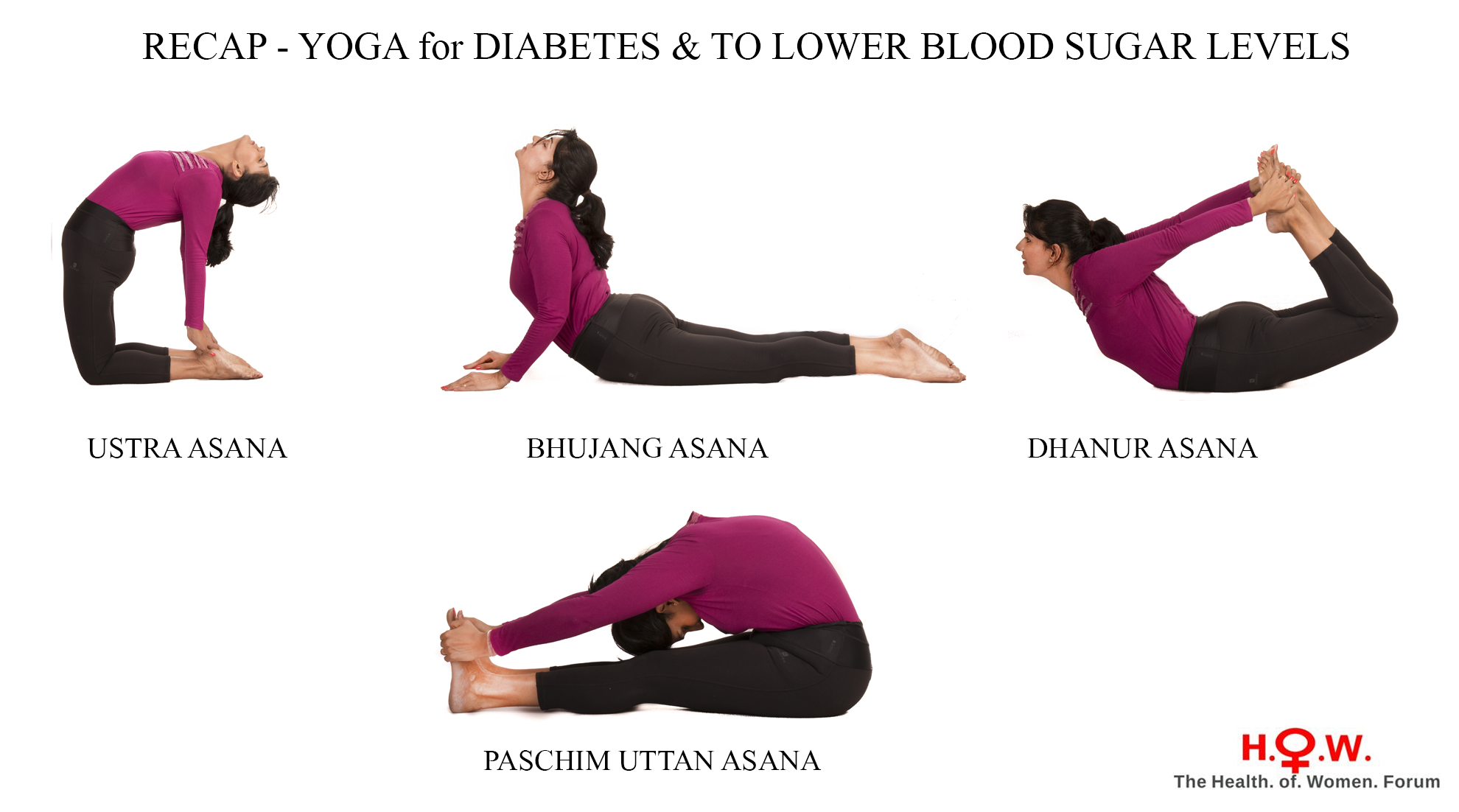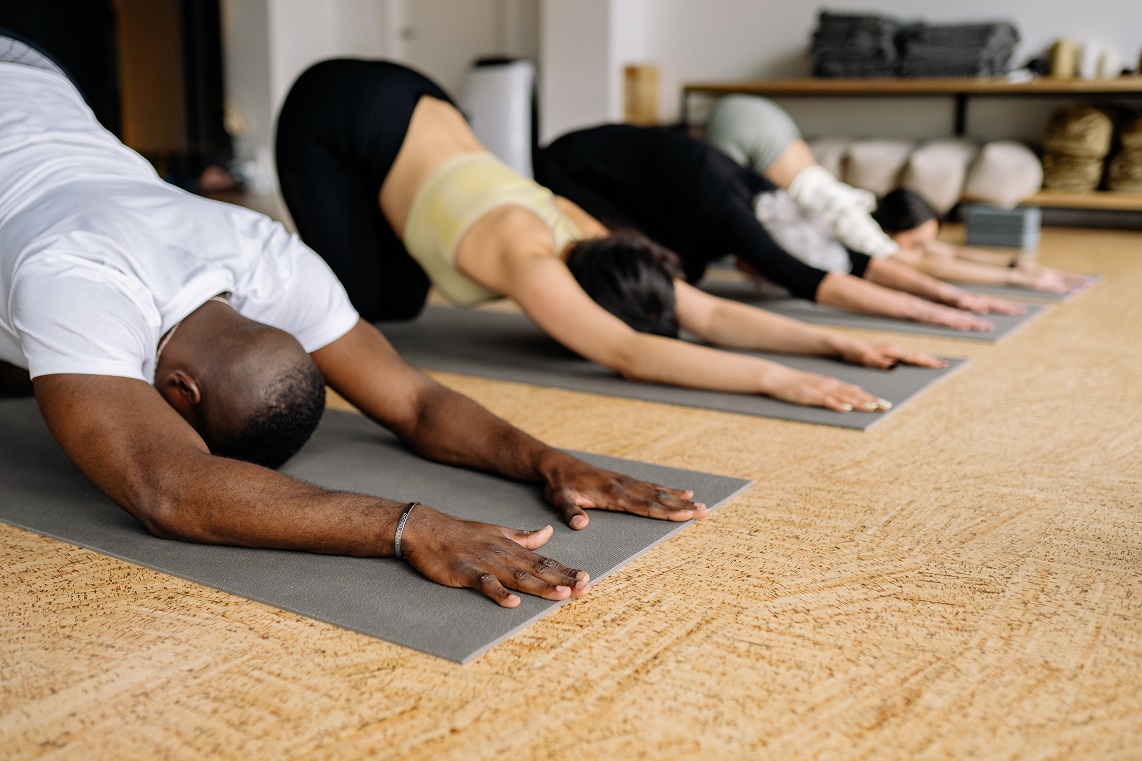
The best place to begin is at the beginning of learning how to do a basic handstand. To be able to safely do a handstand, you will need to have someone watch you or a spotter. Handstands are easier once you have good alignment and balance. Mental fear can be a major obstacle to this exercise. This could lead to injury.
Getting started
To begin with a handstand, you will need to locate a flat area. You will hit the ground several times before achieving the proper balance, so grass or a soft surface will give you a soft landing. It is a good idea to practice in an open area, so you don't get hurt. It is a good idea to ask someone to hold your legs for you during practice sessions.
During practice, start by making a forward bend while keeping your arms straight. Begin one to two feet away from the wall. Now, lift one of your legs off the ground. Push your legs overhead without touching the wall. As you hold the position, try to balance and maintain your balance. This technique can be practiced for several days until it becomes second-nature. It takes time to learn how to do a handstand.
Getting into a handstand

Before you attempt to perform a handstand as a beginner, there are a few things you should consider. You must first establish a good balance. People often believe that their inability to do a handstand is due to their poor balance. However, this is false. Poor balance is only one factor that can prevent someone from doing a handstand. To overcome this problem, it's best to focus on a few essential elements.
Second, learn how to bail. If you have questions, a friend is able to help. Once you have learned how to hold a handstand, it will be easy to want to go around. During this time, you should step forward with one hand while letting your feet fall to one side. It will look a little like a cartwheel. It can look like a sloppy cartwheel to gymnasts. They call it a "pirouette"
Without a spotter, a handstand is possible.
It is possible to avoid painful falls by using a wall to hold on to while performing a handstand. If you keep your shoulders down and your ears closed, you will avoid landing on your back and getting your head bumped against the wall. But, you shouldn't do this exercise alone. These are some tips to help you get started. Start by standing about four to five ft away from a wall.
Make sure that you have enough space between your hands when doing a handstand. Do not stand too close to the wall, and do not kick too far into your lunge. Your kick should give you enough power to lift yourself up. Kicking too far to your side can cause hip twists that make it difficult to do a handstand. When starting out, use a spotter who will stay close enough to provide assistance.
Do not attempt to get out of a handstand.

One common mistake that beginners make when learning how to do a handstand is to think it's impossible. While it can be difficult, it's actually quite simple once you have a good base for alignment and balance. Once you've achieved this, you can then focus on developing your arm strength and back strength to get out of a handstand. These are some tips to help you out of a handstand and increase your confidence in your body.
Start in a handstand and place your palms on the ground. Bend the second knuckle of the middle finger while keeping the first knuckle flat on the floor. Your palms should face up and the tips of your toes should be pointed upward. As you fall forward, push your palms into the floor and shift your bodyweight forward. Then, repeat by walking your feet towards the wall.
FAQ
What are some signs of mental-emotional difficulties?
Any condition that causes serious distress or impairment of functioning is known as mental disorders. Mental disorders include anxiety, bipolar disorder (depression), schizophrenia, borderline personality disorders, obsessive-compulsive disorders, post-traumatic stress disorder (PTSD), eating disorders, substance abuse and other.
Why is mental well-being important for students
Mental health is essential for students as they must be able to concentrate on school while also being able to learn well academically. Without feeling like yourself, you will not be able perform well at school. Depression can lead to students missing class and poor grades. This may result in dropping out of highschool and eventually college.
If you're struggling with depression, you should speak to your parents or teachers. They'll be able to help you get the care you need.
It is important to understand that not everyone with depression needs medication. Talk therapy is an effective treatment for many people. A counselor is a great option for anyone who wants to seek help.
What can I do about mental health issues?
It is not easy to prevent mental health problems. But, here are some tips to keep in mind:
-
Don't drink alcohol. It can alter your moods and increase your chances of developing depression.
-
Avoid using drugs. Avoid drugs. They can alter brain chemistry, making you feel worse.
-
Get enough sleep. You can feel anxious or depressed if you don't get enough sleep.
-
Exercise regularly. Exercise is good for your mood and makes you feel happier.
-
Healthy foods are the best. Eaten junk food can make one feel slow and unmotivated.
-
Spend quality time with those you love. Spending quality time with the people you love can lift your mood.
-
Have fun. Enjoy your life and be open to new experiences.
-
You should take breaks from social media. Social media can make you feel isolated and lonely.
-
Be kind to yourself. Treat yourself nicely, even if you aren't feeling great.
-
Ask for help. If you're having trouble coping, then ask for help. Talking to a friend or family member can help.
-
Remember, it's OK to cry. It helps to release stress and tension. It does not necessarily mean that something is wrong.
-
Keep busy. Try doing something you enjoy.
-
It is important to maintain good hygiene. A lack of hygiene can make you look unattractive and unclean.
-
Stay connected. Connecting with others will help you stay positive.
-
Learn how you can relax. Relaxation techniques such as meditation and yoga can help you to cope with stress.
-
Find meaning and purpose in what you do. Finding meaning in your hobbies or work can help you feel fulfilled.
-
Keep your eyes on the present moment. Concentrate on the present moment and you won't be so worried about the distant future.
-
Set goals. Setting goals can motivate you to achieve them.
-
Do something for yourself. You can improve your self-esteem by doing something nice for you.
-
Practice gratitude. Gratitude can help you appreciate all the good things in your life.
-
Volunteer. Volunteering can be a fun way to make a difference and spend your time.
-
Give back. Giving back to others is a way to feel fulfilled.
-
Be aware of warning signs. Do not hesitate to seek help if you notice changes in your behavior.
Is it possible for me to be depressed?
Teens are often affected by depression. It is important to recognize that depression affects many teens.
It doesn't mean you are insane or weak. People who are depressed don't know it. Depression can be a medical condition.
There are several kinds of depression. Some people feel only sadness, while some others experience other emotions. There are also different levels.
Some people have mild depression while others suffer from severe depression. Depression is not always bad. Sometimes it can help us deal with stressful events.
However, if you find yourself feeling demotivated or sad all the time, you should consult your doctor. Your doctor can diagnose you and determine whether you need treatment.
Statistics
- According to the National Alliance of Mental Illness (NAMI), one in five Americans experiences mental health issues which translates to more than 40 million adults a year. (doctorondemand.com)
- Similarly, while there is some agreement about the boundaries of typical mental disorders 2, there is likely less agreement about those for positive mental health. (ncbi.nlm.nih.gov)
- In any given year, an estimated 18.1% (43.6 million) of U.S. adults ages 18 years or older suffered from any mental illness, and 4.2% (9.8 million) (healthypeople.gov)
- Appropriate nutrition and exercise are likely among the most efficacious and cost-effective positive mental health interventions. (ncbi.nlm.nih.gov)
- More than 50% will be diagnosed with a mental illness or disorder at some point in their lifetime.3 (cdc.gov)
External Links
How To
How to improve memory
Memory is something that everyone would love to be able remember better. Unfortunately, memory impairment is something that all of us will experience at one time or another. More than half of Americans aged 65 and older suffer from dementia.
It doesn't matter if you have Alzheimer's, dementia or another form of cognitive decline. There are lots of options to help improve your memory. These are three easy steps you can do today to improve your memory.
-
Get more fruits and vegetables. Vegetables and fruit contain vitamins, minerals, antioxidants, fiber, and other phytochemicals that can improve brain function. They also have essential nutrients that protect against neurological disease.
-
Get Enough Sleep. Sleep deprivation has been linked to poor concentration and memory loss. Get seven to eight hours of sleep each night.
-
Take a stroll. Walking stimulates blood flow to the brain, which improves memory. Walking makes you slimmer and healthier.